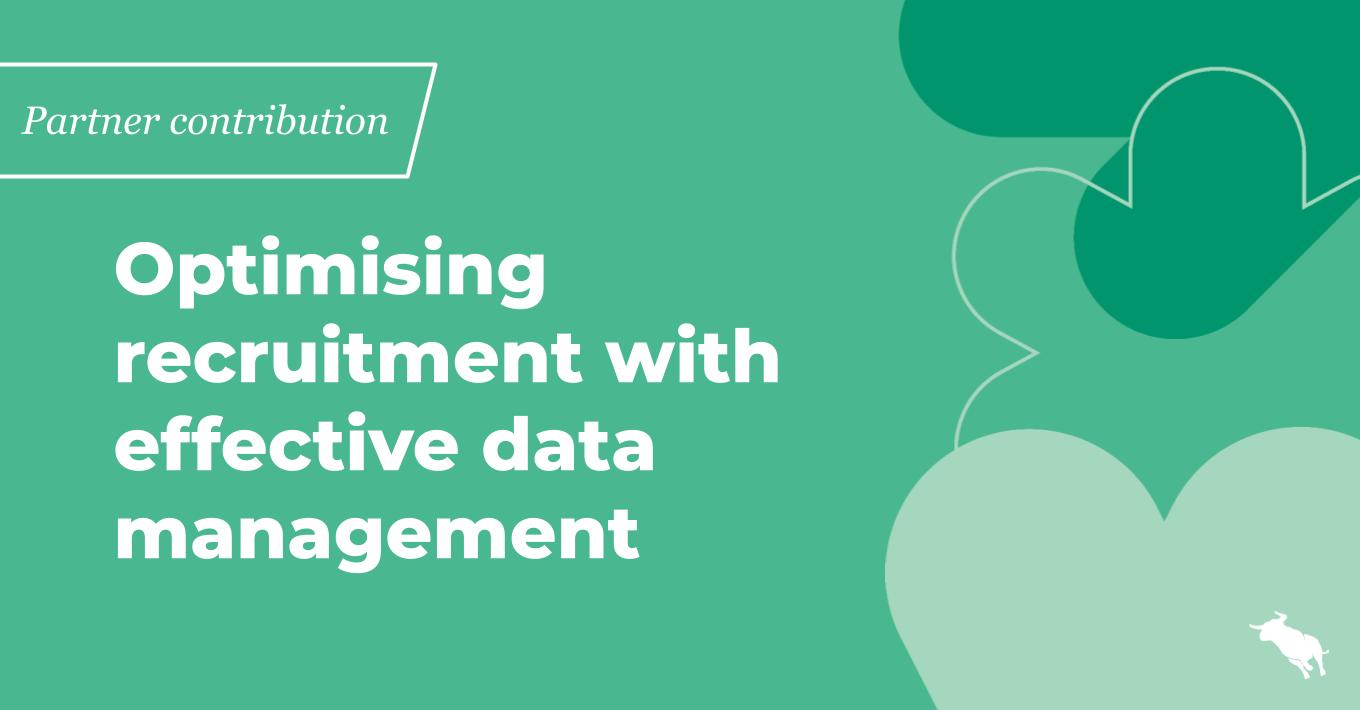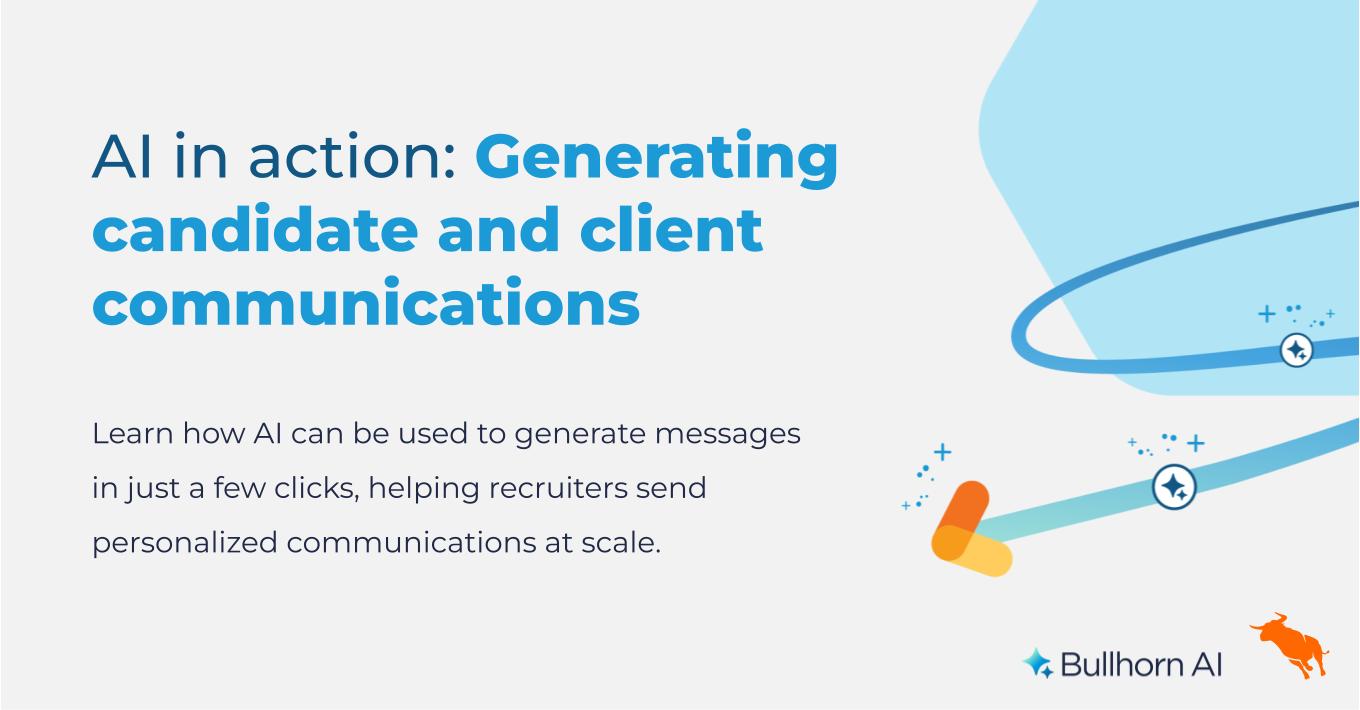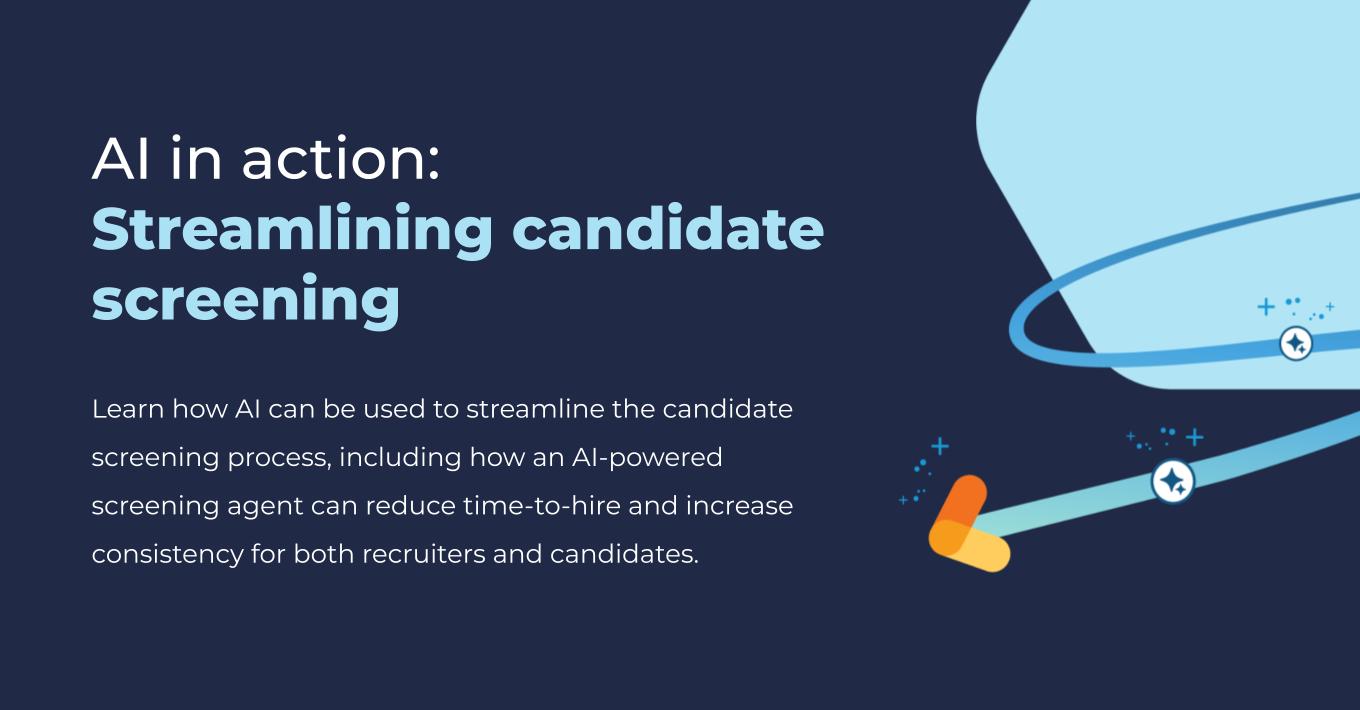Optimising recruitment with effective data management

If you want to get the most out of your tech stack, ensuring client and candidate data stays in prime shape is crucial. The secret to achieving this? Data management.
As the recruitment landscape grows increasingly competitive, recruitment agencies must keep data accurate and compliant to ensure seamless performance and long-term returns on their tech investments.
It has never been more critical to understand why — and how — effective data management can transform your recruitment CRM system.
The importance of data management in recruitment
When it comes to recruitment databases, having access to relevant, high-quality candidate data is essential for consultant productivity. But why?
The effective automation, smooth processes, and advanced functionality offered by modern ATS applications are all driven by the quality of available data.
However, data degrades over time. As a result, successful technology implementations depend on organisations making the required data investments to keep the platform running as it should — from cleansing, maintenance, and governance to definitions and process understanding.
These processes are especially crucial in today’s recruitment environment. With the increasing use of business intelligence (BI) software, data teams are increasingly demanding to ensure their CRM data is clean, accurate, and valuable.
Plus, with the recent passing of the EU’s Artificial Intelligence Act (AI Act) and privacy laws like the GDPR becoming more strict, there is a strong regulatory requirement for high levels of data governance in the recruitment sector. This means implementing more robust data management, increasing visibility and monitoring and using process guardrails to enforce rules in line with authorised business operations and policies.
So, whether you are already using an ATS/CRM or looking to upgrade your soltuions, ongoing data management is crucial.
Wondering where to start? There are several key data practices you need to follow.
Data quality dashboards
In the context of recruitment CRMs, a data quality dashboard is a visual tool that can help you track and understand crucial data metrics that impact the experience of your users, clients, and candidates, as well as grasp your risk exposure in line with privacy laws.
These dashboards enable operational teams to build data-quality work into their day-to-day activities. This little-and-often approach drives credibility and trust in the system, which raises standards across the organisation.
On a larger scale, leadership can quickly get a view of data retention risks and the extent of their marketing reach — as well as identify opportunities for automation and streamlining processes to save consultants time and frustration.
Data structure understanding
When implementing a new ATS, defining account information and how candidates should progress through the recruitment management system is crucial.
The legacy of how a system has been implemented — from account hierarchies (brand, legal entities, addresses) to the different record types for clients and candidates — has many implications. Understanding your CRM data structure is less about knowing whether these implications are good or bad and more about grasping their impact on your data — and how processes and users must adapt to reflect changing circumstances.
Often, decision-makers are no longer around after a new CRM implementation to be held accountable — or, more likely, original system implementers did not involve core business operations in the first place. However, without ensuring your key stakeholders understand the role of data within these crucial systems, their engagement with the adoption may decline — leading to a less impactful Salesforce investment.
GDPR and data privacy regulations
Adhering to GDPR and data privacy rules is vital for recruiters, especially as governments release new legislation to ensure the appropriate and safe use of readily available AI tools.
Meeting this responsibility involves putting the correct data lifecycle practices in place and ensuring personal data is deleted or processed correctly at the right time. Getting this right means designing a data management system that applies privacy policies throughout each stage of the recruitment process — defining what constitutes ‘meaningful’ activity to ensure no client or applicant data slips through the cracks.
Data cleansing
Ongoing data cleansing is a crucial element of data quality — an essential investment for any recruitment CRM system. It helps maintain accurate data for seamless functionality and can enable opportunities for automation.
One crucial aspect of data cleansing is employing correct deduplication logic for accounts, clients, and candidates. The rules to manage this process are much trickier than they first appear, but when applied correctly, they can improve reporting accuracy, save consultant time, and improve customer service.
Cleansing data is not a one-and-done task; it requires constant maintenance and verification. It can be well worth making the most of third-party validation tools — or employing a data management partner that can take care of these actions for you.
Making data work for recruiters
Managing data quality assurance in a recruitment CRM environment can be complex and time-consuming. Still, this task is key if you want to get the most out of your tech investment — and it can have many additional benefits for end users.
For example, deploying a data management solution can free up BI and analysis teams to focus on higher-level work rather than spending their time cleansing data. Plus, outsourcing data management services is much more cost-effective than employing someone full-time to monitor and maintain data processes.
That is why it is crucial to find a data management specialist that can support ongoing quality control — helping your systems remain optimised and compliant.
Technicus provides such a dedicated Data Management Service. Our team has a proven track record of delivering the ongoing data improvements recruiters need to keep their CRM platforms in prime condition and aligned with business processes, privacy policies and operational objectives.
By improving data literacy and maintaining your CRM capability, we can help you optimise your return on investment, realise your data opportunity, and enhance your customer experience.
If you want to maximise your tech stack and unlock new business outcomes, speak to our data experts today!
Explore our case studies and contact our team at info@technicus.co.uk to discuss your upcoming implementation project.








